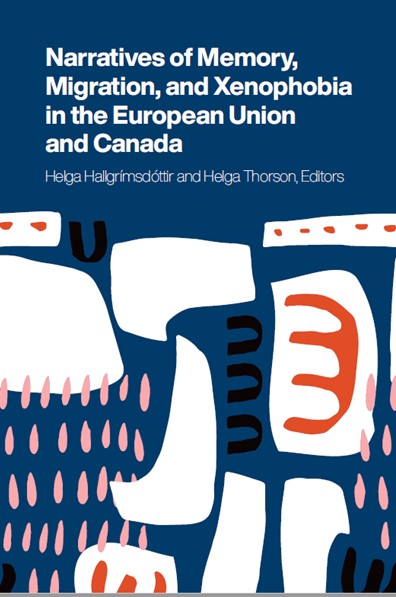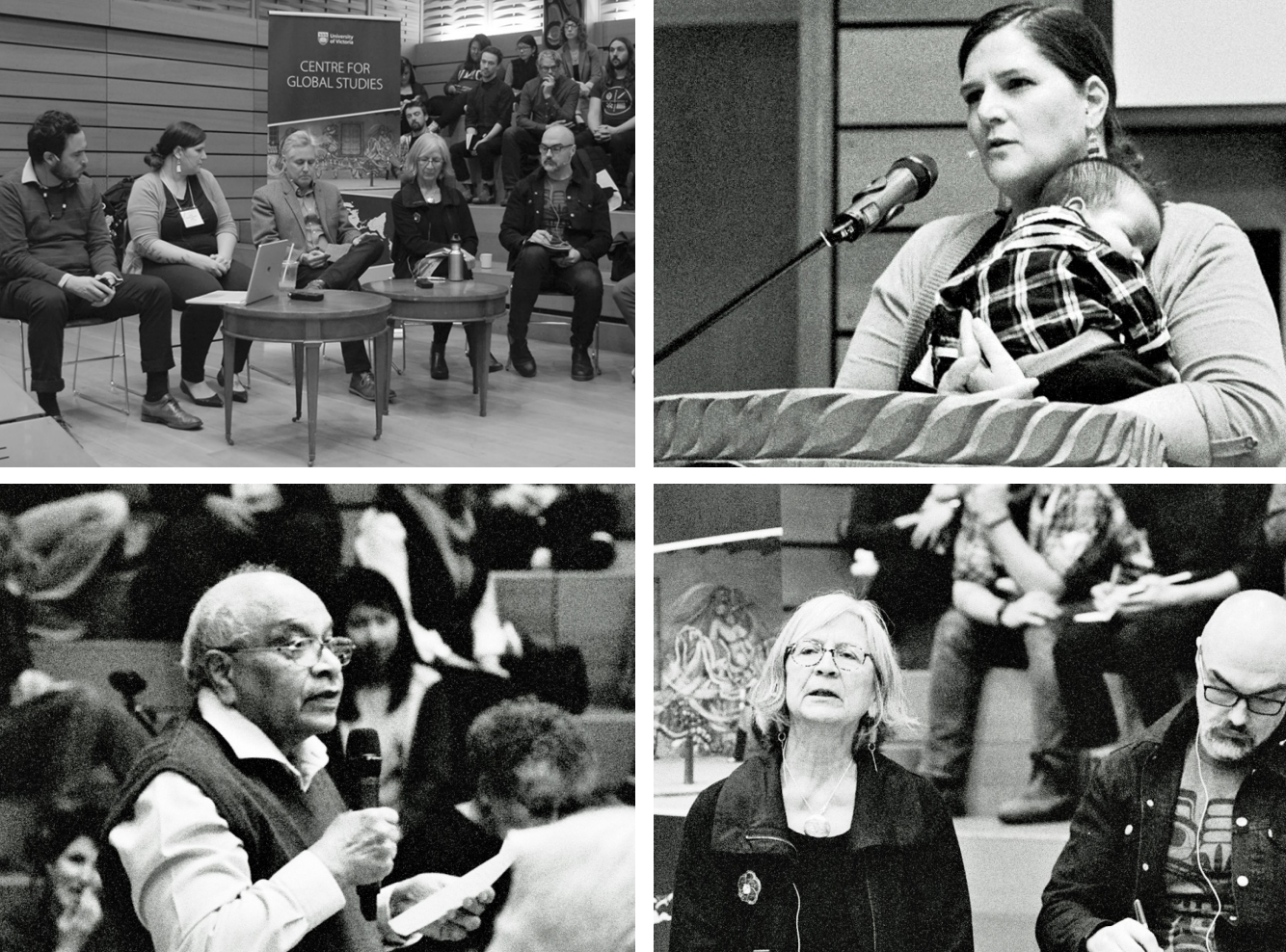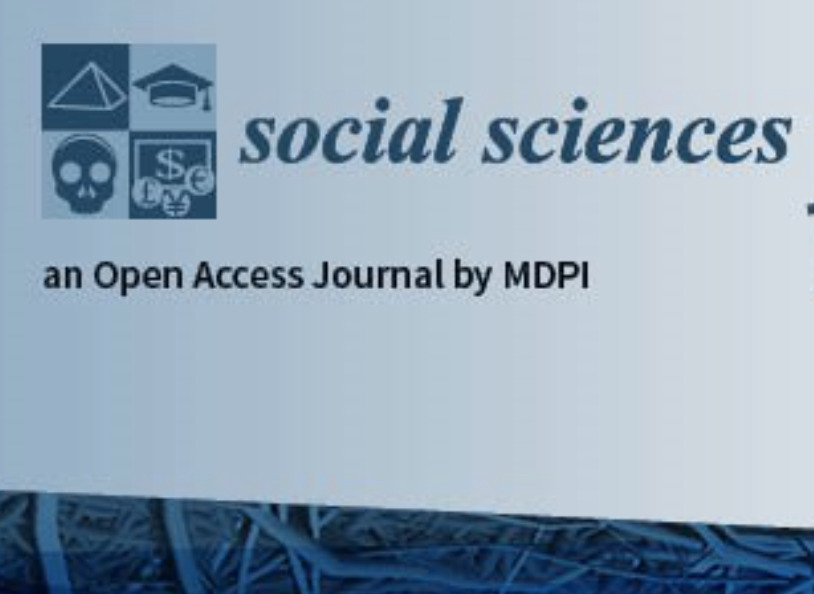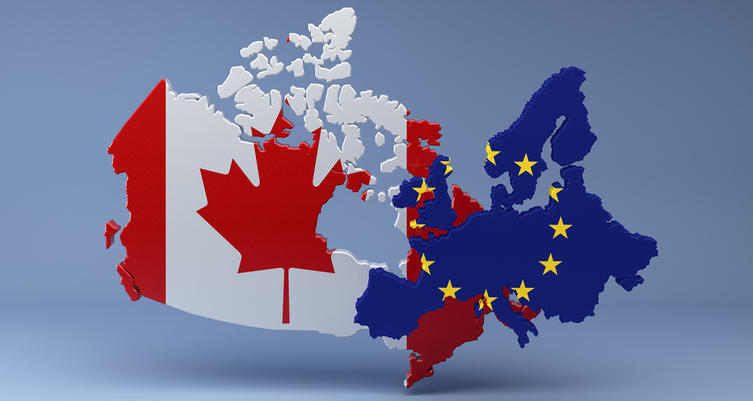A Return to the People? The Case Against Populist Politics, by Laurence Claussen
By Laurence Claussen, MA Political Science, University of British Columbia
Populism must be considered a long-term threat to democracy. I say ‘long-term’ because it is plausible that many intransigent problems democratic systems face might be temporarily addressed through a populist show of force. The rise of sub-national separatism in Europe, declining turnout numbers in industrialized democracies, foreign interference in elections, backlashes against the global flow of migrants, and a quickly diverging wealth gap all call for some kind of answer. Rallying the people and clarifying a nation’s goals might not entirely resolve these issues, but it would indicate action and forward-progress.
But, inevitably, populist change is unstable. It creates space for future discord and weakens the institutional architecture upon which democracy, regardless of context, inherently depends.
Our systems of government and society need improvement; this improvement demands reflection and at times brutal honesty. Thomas Jefferson summarized this idea best, arguing that “institutions must advance […] and keep pace with the times.” To not do so represented political naivety: “we might as well require a man to wear still the coat which fitted him when a boy” (Jefferson to H. Tompkinson (AKA Samuel Kercheval), July 12, 1816).
The degree to which necessary progress has be made is up for debate. But given the widespread perception – made clear by most political commentators and myriad of 2019 protest movements – that traditional politics have fallen short it seems reasonable that popular pressure must be channeled in order to secure new and vital sources of political capital. Alarm bells triggered because of new reports by the EIU (Economist Intelligence Unit) and Freedom House entrench such sentiments. As the latter bluntly put it in their Freedom in the World 2019 Report, the “surge of progress has now begun to roll back” (Freedom House, 2019).
No issue captures this situation better than Climate Change, and the Swedish teenager turned Times Person of the Year leading the call to action. Greta Thunberg has led a kind of righteous politics fueled by an upswell of passionate young people. Her name has become synonymous with Climate Change activism in the popular lexicon. Many frustrated observers laud these efforts, believing that such a movement is needed if we are ever to correct the flaws of a stagnant, broken system.
Since this movement is premised on a popular figure and has so far operated on grassroots support and protest, many might label it populist. After doing so, some might conflate its methods and rhetoric with a general political toolbox needed to tackle other problems.
But I do not see Greta and the forces she represents as true populism. In facing climate change, income inequality, police brutality and economic mismanagement, politicians and activists are right to criticize and agitate. Urging accountability upon the powerful and expressing frustration through protest is responsible democracy.
Labeling any kind of socio-political movement dependent on mass-involvement as populism – a common reality these days – is unhelpful and dangerous because it obscures through normalization a threatening political phenomenon.
True populism can be distinguished and identified in two significant ways: the dangerous simplification of national problems and the reliance on categorization to establish political capital. There has never been a populist movement that did not divide society into the righteous and the corrupt and recast delicate dilemmas as quests to vanquish the corrupt. The politics that follow never ‘correct’ the system in place but rather seek narrowly defined reprieves for those newly in charge. Populists do not deal in systemic change, although they speak often of it. Instead they orient themselves entirely against the concerns of the present and those groups believed complicit in them. To agitate and uproot requires the closure of dialogue, and the recasting of tribe.
We see these patterns in the current line-up of populist politicians: Bolsonaro, Duterte, Salvini, Farage, Modi and Trump. All of them adhere to the same political handbook, and all represent the end-product of political ecosystems that nurtured and legitimized populism. Populism is a threat to democracy because those who have been elected or held power through populist means have weakened democracy wherever they rise.
When we bemoan the decline or death of democracy, it is not that citizens no longer express themselves at the ballot box, or that a series of military coups have secured power all over the world. It is the newfound manifestation of a political rhetoric and approach to problem solving that corrupts mature consensus-building. It is the determination not to play the political game, to side-step institutions and discredit the inherent legitimacy of any contrary opinions that unites the populists in power. Observers of democracy have noted this phenomenon repeatedly. In the same report that spoke of the roll back of progress, The Freedom House exclaimed: “Most troublingly, even long-standing democracies have been shaken by populist political forces that reject basic principles like the separation of powers and target minorities for discriminatory treatment.”
But why now? This argument, after all, must be placed in a specific political moment, not left to abstraction or theory. Populism has existed on or below the surface of society and will continue to do so. But what makes it a relevant and dangerous contemporary force is that it taps into and takes advantage of the defining political problems of our age. This is the encroachment of dualistic identity politics. Almost every political question has succumbed to a polarization of opinion. The space for agreement has shrunk, and the terms in which we address those who disagree with us have intensified. This is a parallel development to populism’s resurgence, but the two go hand in hand. The reality of dualistic politics has created fertile soil for populist politics to flourish.
Social media has been the fertilizer to this flourishing. Opinions are shared and multiplied with great frequency; and the algorithms of the platforms through which this marketplace exists puts us in boxes with those who share similar views. Agitated by the need to prove fidelity to the cause, all manner of opinions become intensified. This has made disagreement more contentious and intractable. Truth and empiricism, foundations of past decades, have become fluid concepts. David Greenberg, writing about the Bush administration’s ‘post-truth’ mentality, labeled the development “epistemological relativism;” I think this is a fitting description.
Populism by necessity is an exercise of identity politics; clashing and conflicting identities founded on sets of ideas. To pursue populist change is to devolve democracy into a contest of identities. In the modern age of social media and hyperpolarization, this is a contest from which states could not easily emerge.
This is no fringe development; it spreads widely in a receptive body politic. It should therefore be considered an exacerbation of an already widespread malice. The divisiveness that existed in the United States before Trump, that already had the nation folding in on itself, is focused and sharpened with a populist at the helm. Because of this, no current democracy can rely on populism to correct its worst impulses, because the originating energy for both is one and the same. It is an indication of the dire straits we find ourselves in, that populism is considered by some our saving grace.
Our current models and systems emerged since the end of WWII through careful work, historical patience, and unglamorous effort. Democracy reached its zenith in the last eighty years without a single populist leader or party leading the way. The gains of our day were not secured in any other manner, and the countries most associated with successful democracy today all achieved their status through compact and compromise.
Steven Pinker, whose work embodies the ideas expressed here, reminds us that humanity’s moral development “is a consequence of the interchangeability of perspectives and the opportunity the world provides for positive-sum games” (Pinker, Better Angels of Our Nature, 182).
Unless change for the sake of change – because we cannot bear the alternative any longer – is the only metric, maximalist politics cannot go well. Analyzing Bernie’s brand of Democratic politics, Paul Krugman recently observed that “Obama raised taxes on the wealthy more than most people realize – by 2016 the average federal tax rate on the 1 percent was almost as high as it was pre-Reagan – but he did so quietly, without much populist rhetoric.” And “everything we know suggests that a progressive who insists on going for broke will end up, well, broke” (Krugman, ‘Bernie Sanders is Going for Broke’, NYT Online March 5).
I suspect a reliance on populism for the day’s problems carries within it the seeds of its eventual unraveling. Implicit in a dependence on populism is the notion that government legitimacy is questionable and mistrust universal. Populists leave themselves vulnerable to politicians and counter-movements that utilize similar tactics; once outsiders become insiders, they lose the singular appeal they once had. More importantly, those gripped by one populist wave can just as easily fall back again to the spot they first found themselves. That is because the act of moving as a populist follower is a momentary exertion of angst and an expression of hope; briefly, the world is made plain and possibilities seem endless. But it cannot last. The well-known early worker-activist Eugene Debs iterated this truth when he spoke against messianic, idealistic leaders meant to save the workers of the world. To Debs, change had to be seized by those who most needed it, and it needed to grow from the determination within, not the rhetoric without. He captured this sentiment eloquently: “I would not lead you out if I could; for if you would be led out, you could be led back again” (Ray, The bending cross; a biography of Eugene Victor Debs, 244).
My argument is not that populism plays no role in the historical progress of government and society, nor that certain problems of the day might not be best addressed with populist elements. Instead, I believe that the growing politics of populism are not suited for the present political and historical moment. A reliance on populism will eat away at the foundations of democracy by inviting and legitimizing new categories of disagreements and harmful ideological methods.
Populism can only tear down, it cannot craft. We cannot tailor society’s new coat and build new institutions with expressions of fury, opaque goals, and hierarchies of the virtuous.
About the author: Laurence Claussen graduated from the University of British Columbia in November 2020 with an MA in Political Science. His thesis focused on whether the US president promotes bipartisan policy-making, but he also focused on migration politics, ethics in democracy, and public opinion while at UBC. He received his BA in History from the University of Aberdeen. His studies there focused on Western European political and legal history, as well as Western ethics and English literature. Laurence currently runs a blog on politics and history and intends to pursue a career in the US Foreign Service.





 http://www.snapshotsfromtheborders.eu/the-fence-in-hungary/
http://www.snapshotsfromtheborders.eu/the-fence-in-hungary/




In Laurence Claussen’s blog, he focuses on analyzing how populism though acting at times as a mass rallying point for public dissatisfaction, is ultimately an unstable and ineffective political force for positive changes in democracies. Much of the subject matter of his blog relates quite directly to my essay’s research focus, which aims to analyze the relationship between the rapid growth of right-wing nationalism and national identities in post communist Eastern Europe. Though he focuses more broadly on populism, much of his blog speaks to the tactics and strategies of the current far right parties/movements sweeping Eastern Europe.
With the collapse of communism, and the economic transition from unproductive state-run economies into those more unforgiving capitalist-market systems, there arrived sweeping socioeconomic uncertainty for many within Central and Eastern Europe. For most people in these states they went from undemocratic state governments with unresponsive bureaucracies, to fledging democracies suddenly reeling from the shock of unregulated neo-liberal restructuring. Despite high expectations for citizens, change was slow to come and unevenly distributed as lawmakers were inexperienced or remained the old elites and political power brokers from the former regimes. Vast economic hardship in places like Poland and Hungary, gave little time for the bulk of their populations to heal from the trauma, economic destitution and social repression of the former communist regimes.
In these instances of economic and social uncertainty, and frustrations towards unresponsive governance, more and more people understandably have come to look for solutions outside the traditional spheres of power. For nationalist and populist parties/movements, these are the opportunities where their rhetoric regarding simple solutions, the invasion of dangerous “others” and attacks against corrupt elites lend themselves so saliently. Together, with external shocks like the 2008 financial crash, increasing domestic terror attacks, the ongoing international refugee crisis and even now the Covid-19 pandemic, these events provide ample space for nationalists to appeal towards latent feelings of xenophobia and well-founded fears of economic uncertainty.
The nationalist calls for “a return to people” as Claussen writes, not only avoid addressing national trauma head on, but instead provide an answer to the uncertain questions of identity in these post communist societies. Looking to Viktor Orban’s Fidesz party provides a clear example of this, as its promotion of protecting Hungary as a traditional Christian society against “foreign invasion” has supplied it with 2/3rd of the seats in the country’s parliament. With this positive reception and support for Fidesz’ message and rule, the party has been able to make great strides in strangling the freedom of the press and the independence of the judiciary: cementing their power whilst fundamentally undermining opposition and democratic practices.
Yet whilst the institutions supporting democracy and the political mechanisms for change are hollowed out by Fidesz, their wider populist promises of prosperity to alleviate workers conditions have been met with what is known as the “slave law” in 2018 for example. This law, despite being illegal under the constitution, allows businesses to push workers into 200 additional hours of overtime where payment can be delayed for employees up to three years later. Having secured power, its quite possible to observe the corporate clientelism and patronage endemic to these forms of regimes.
Anti-labour laws like Hungary’s are often balanced by other more generous social policies that nationalist parties have been coopting, Orban also in his time as prime minister has provided generous financial grants for young ethnic Hungarians looking to start families. Undoubtably though, programs like these despite their benefits, function much as a veil over the far deeper systemic damage being done to the country rule of law. Rather than being straightforward and pragmatic economic solutions, initiatives like these are embedded in xenophobic ideological dogma. Fidesz openly promoting the increased birth of ethnic Hungarians as their national solution to avoid foreign “others” from “overrunning and replacing their nations entirely”.
Clearly, much of the wider themes within Claussen’s’ analysis can be seen emulated quite directly in the specific context of Eastern Europe. In the vacuum of strong liberal governance within these states which have existed under foreign influence and experienced sudden economic downturn under their early democratic beginnings, nationalism has found fertile grounds for establishing firm roots. Yet also in the rule of parties like Fidesz in Hungary, we are simultaneously witnessing the de-institutionalization of democracy; as the structures which support democratic law and check government power are undermined in lieu of the rapid expansion of policy spaces for supporting intolerance, inequality and racism.